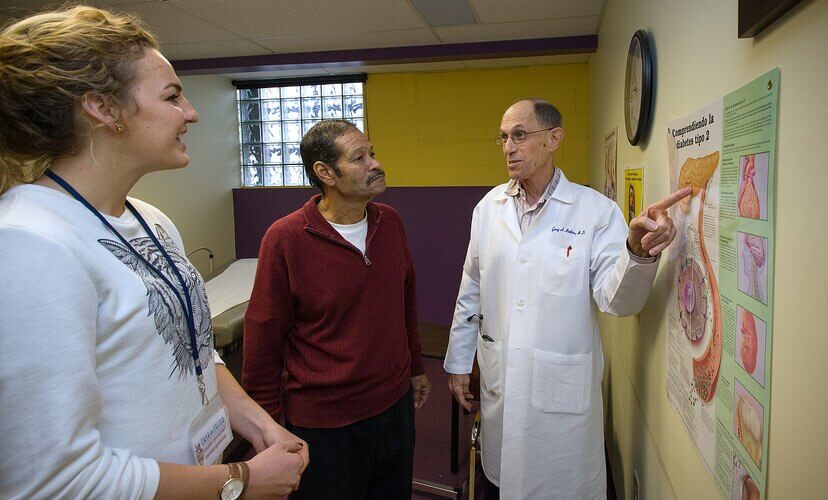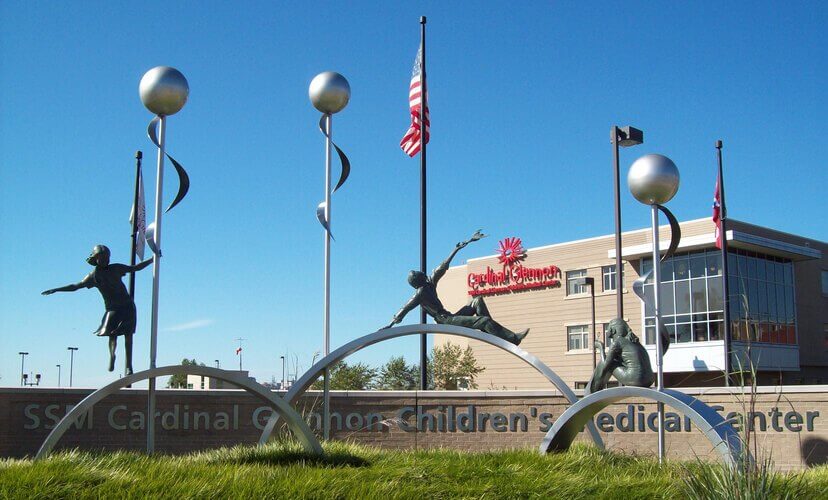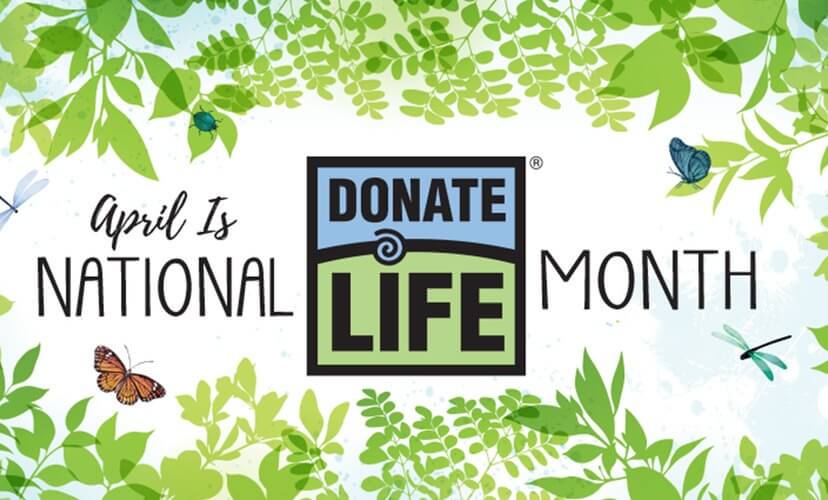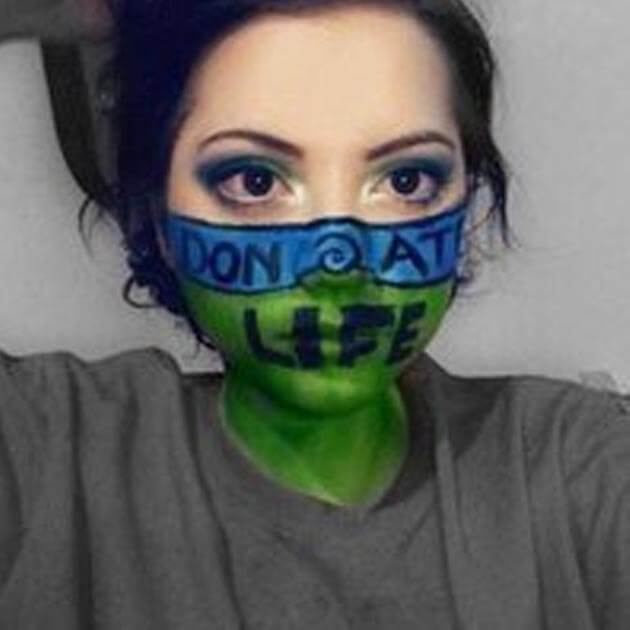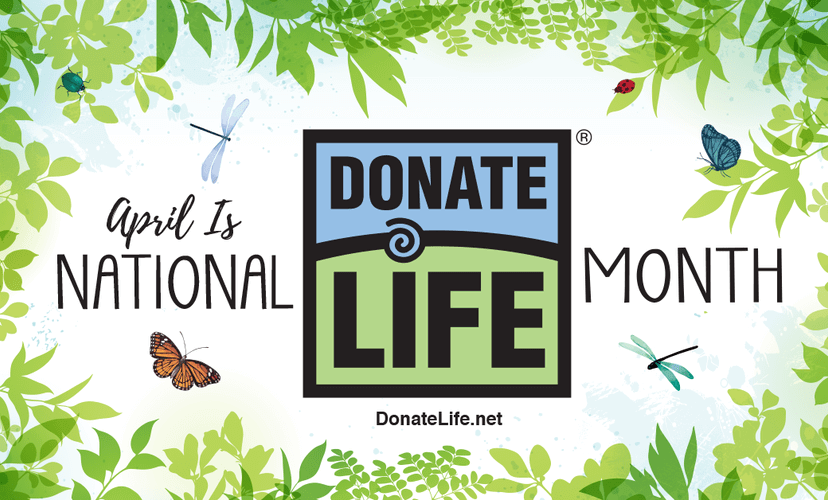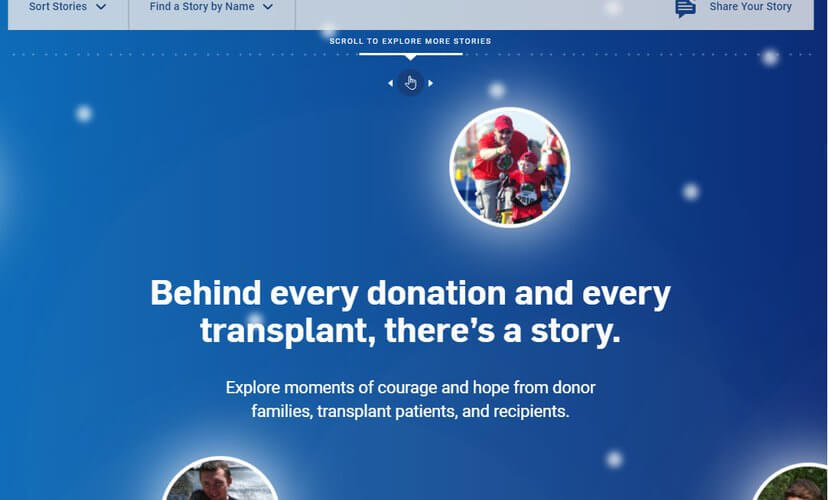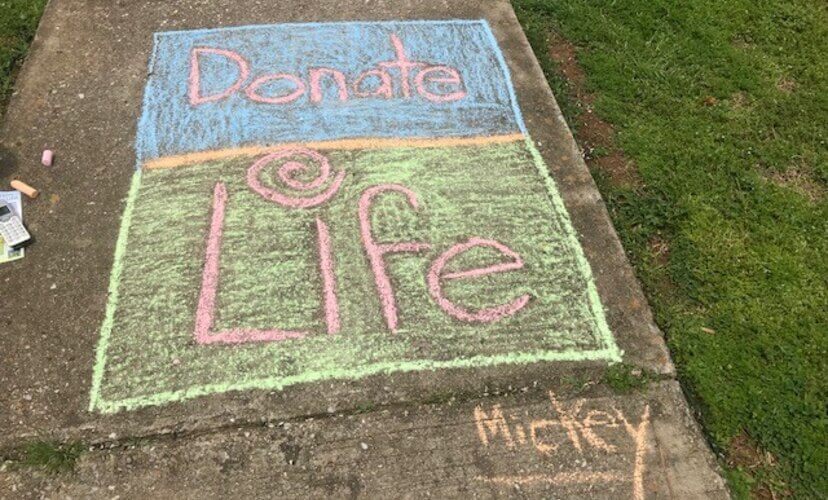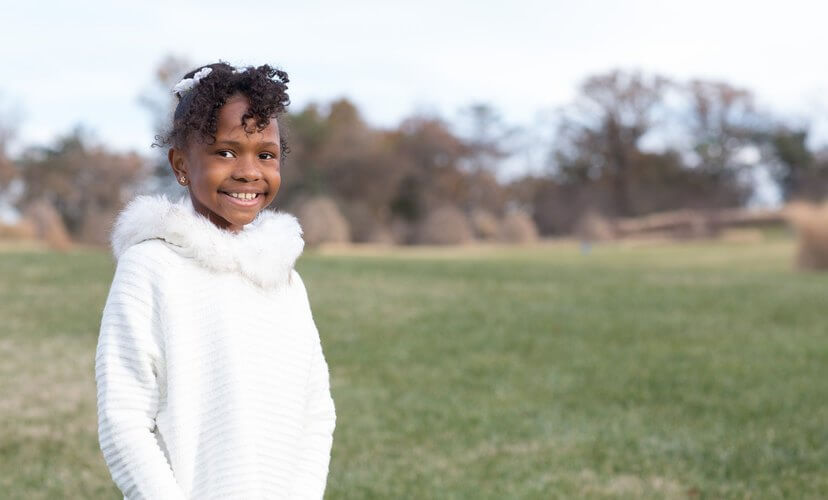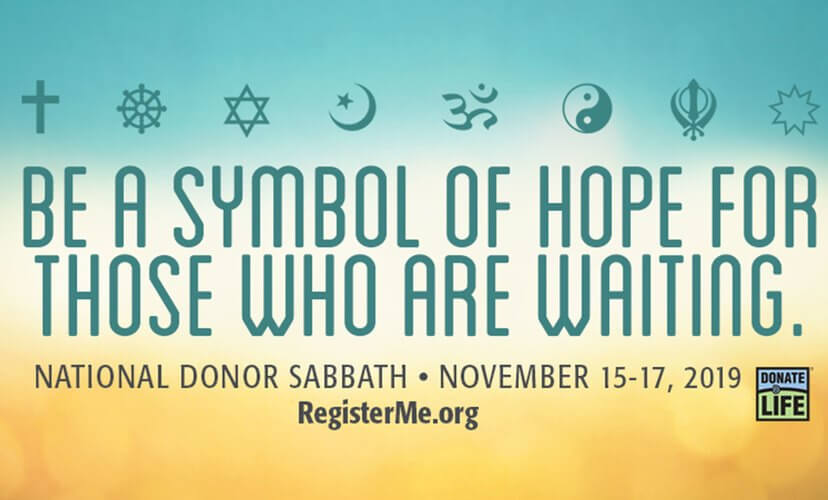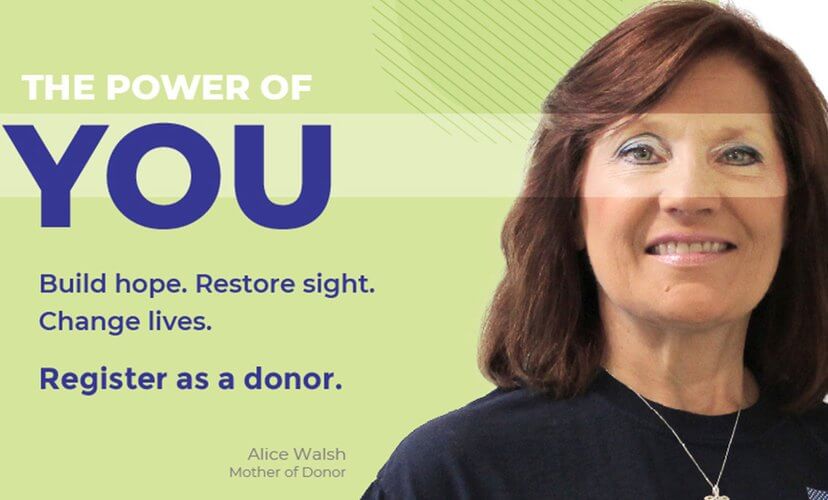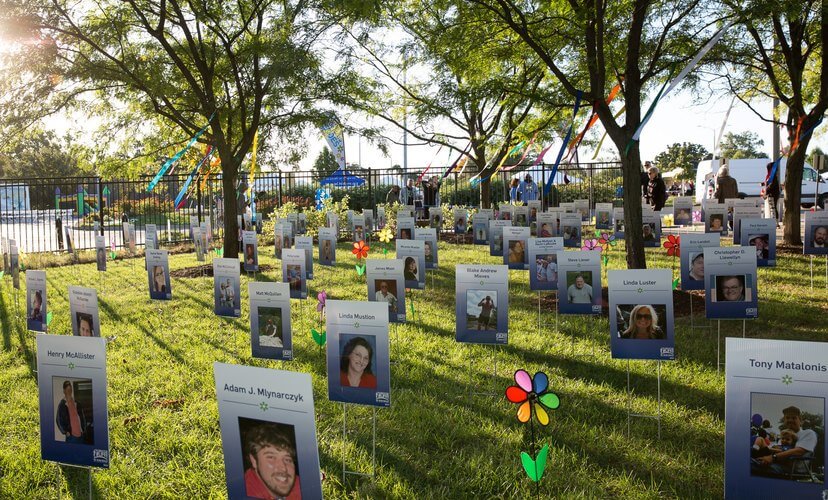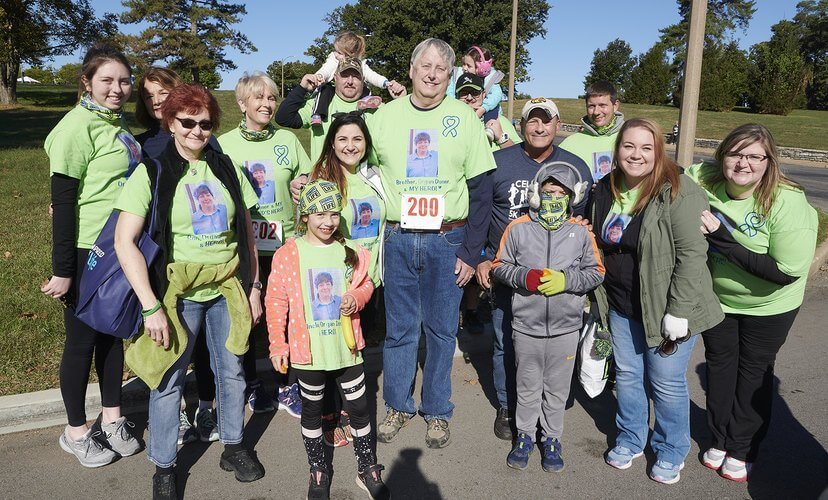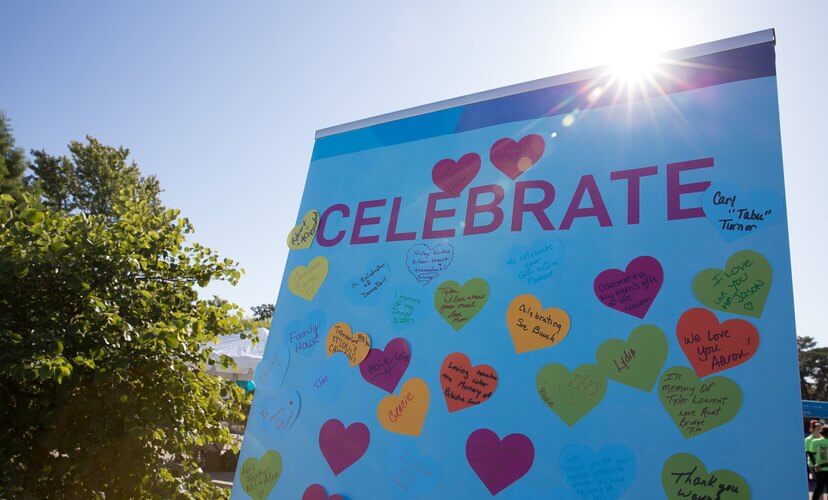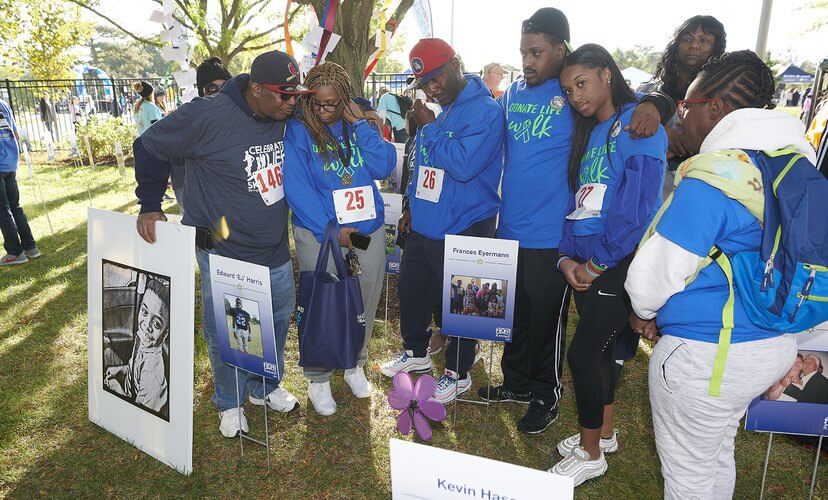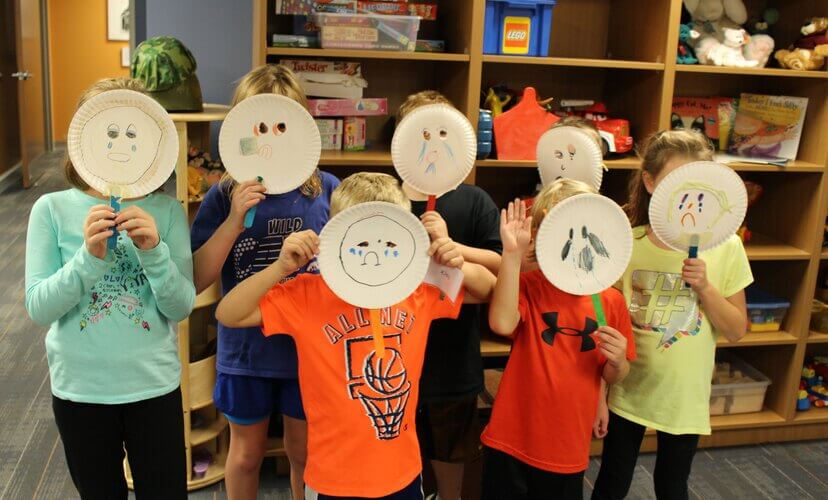
Children participate in a grief support activity at Lost & Found Grief Center in Springfield, MO. The Mid-America Transplant Foundation supports grief centers throughout the region, like Lost & Found, to help our communities heal from loss.
The Mid-America Transplant Foundation Board of Directors approved more than $470,000 to support grief centers serving Mid-America Transplant’s service area in alignment with its mission to save and heal lives in the community it serves. The awards represent a 57 percent increase in funding allocated to these important resources aimed at assisting the community heal.
“Several years ago, the Foundation identified the need to help donor families heal through professional counseling services delivered by grief centers throughout our service area,” said Kevin Lee, Executive Director of the Foundation. “We are acutely aware that the loss of a loved one can make it difficult to get through any given day or moment, and this commitment by the Board of Directors represents our ongoing support of donor families throughout our region.”
Mid-America Transplant, which served more than 2,500 donor families in 2019, is committed to supporting donor families through its Aftercare program and the financial support of grief counseling programs, which provide a safe place to navigate the grief journey.
Grief Center Grant Recipients
- Annie’s Hope in St Louis served more than 3,400 clients in 2019 – more than 20 percent of its clients were related to an organ, eye or tissue donor – with its comprehensive support services for children, teens, and their families who are grieving a death. Serving the St. Louis region since 1998, Annie’s Hope takes a comprehensive approach of best practices in facilitated peer support to initiate the healing process and alter the trajectory of grief, leading to healthier outcomes. The grant will continue to support programs serving families of donors, including Camp Courage, retreats, family support groups, and the Horizons program.
- Heartlinks Grief Center in Belleville, IL is a program of Family Hospice, and it assists grieving children, individuals, families, and groups through counseling, peer support groups, and other community programs. In 2019, Heartlinks served more than 2,500 people, including more than 100 donor family members. The grant will allow Heartlinks to continue growing its capacity to serve the community, while adding addiction/substance abuse loss programs and rural grief programs.
- Infant Loss Resources serves St. Louis and Springfield, MO by connecting families directly affected by infant loss to programs, services and information related to grief support. Serving more than 250 people in 2019, Infant Loss Resources will continue to operate the “You’re Not Alone” program with the grant. The program aims to improve the lives of bereaved parents and extended family members by offering free grief support.
- Lost & Found Grief Center (LFGC) is the only professional counseling service established solely to serve grieving families and individuals within two-and-a-half hours of Springfield, MO. Providing grief support for 20 years, LFGC served more than 2,400 individuals in 2019. The grant will allow LFGC to increase the capacity of its grief services, including therapeutic grief support groups for children, parents, and adults.
- The NEA Baptist Center for Good Grief serves Jonesboro, AR and the surrounding communities as a comprehensive bereavement center providing free grief support to children, teens and adults. The Good Grief Center served nearly 250 individuals in 2019 and identified a growing need for support services in rural areas of Arkansas and Missouri. The grant will support the development of a new teletherapy grief service program, allowing therapists to interact face-to-face with patients by way of video conferencing with individuals in rural, underserved communities who are unable to travel to Jonesboro.
- The Counseling and Social Advocacy Center (CSAC) at the University of Missouri-St. Louis assists individuals, couples, and families with affordable counseling services provided by professional counselors and graduate counseling students. CSAC anticipates serving more than 800 people in the St. Louis community – specifically north St. Louis County, which has been historically underserved as it relates to mental health services – during the 2019-2020 fiscal year with comprehensive grief services.
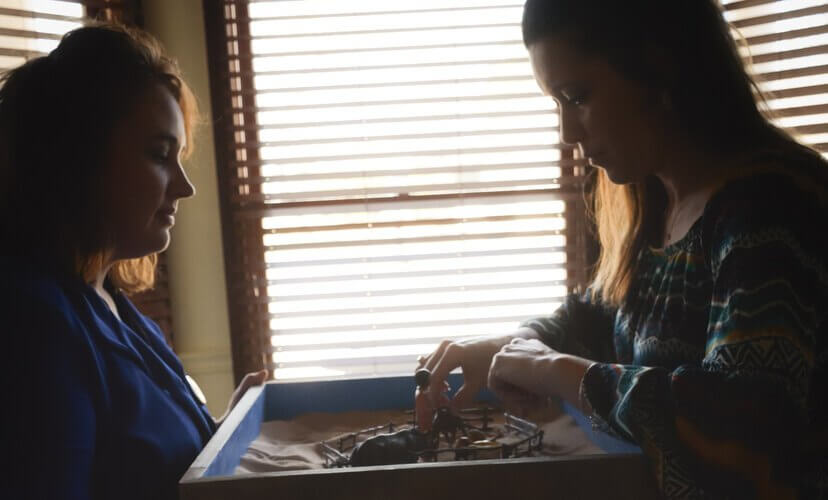
The Mid-America Transplant Foundation awards grants to partner organizations aligned to the Foundation’s mission. Organizations are invited to submit an application. To date, the Foundation has awarded more than $2.5 million in grants to partner organizations.
